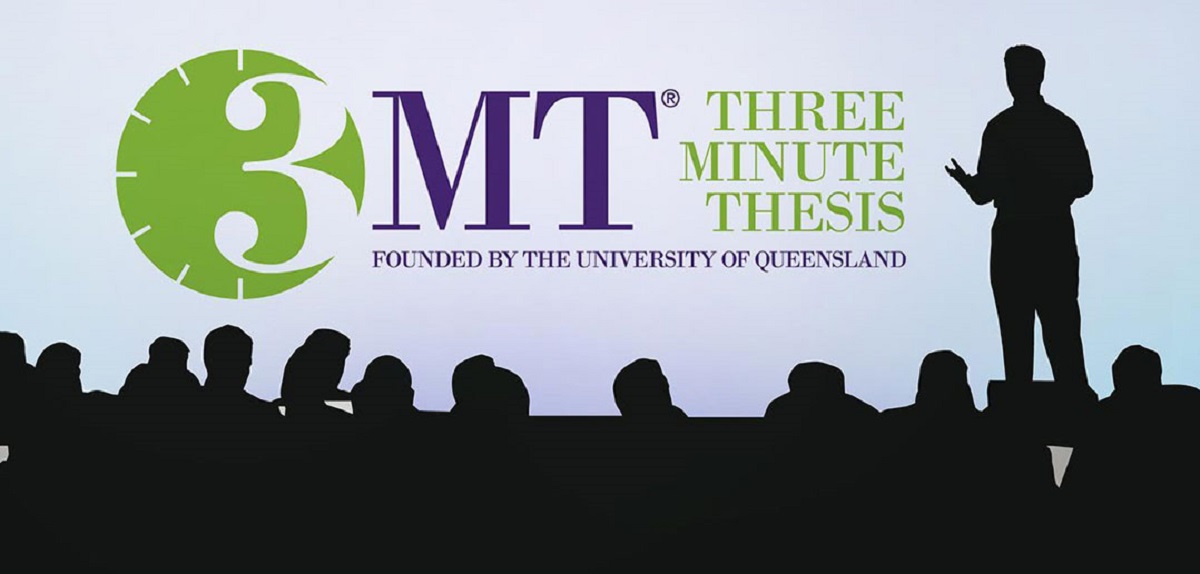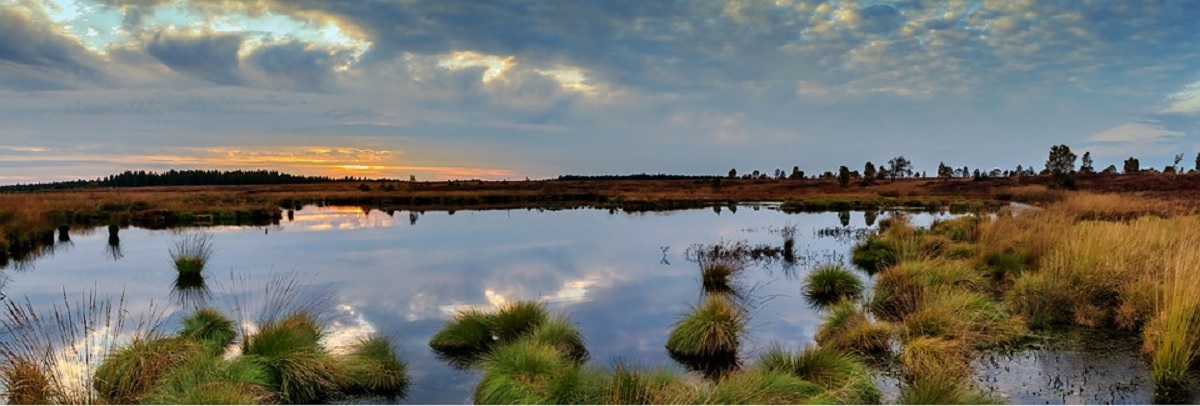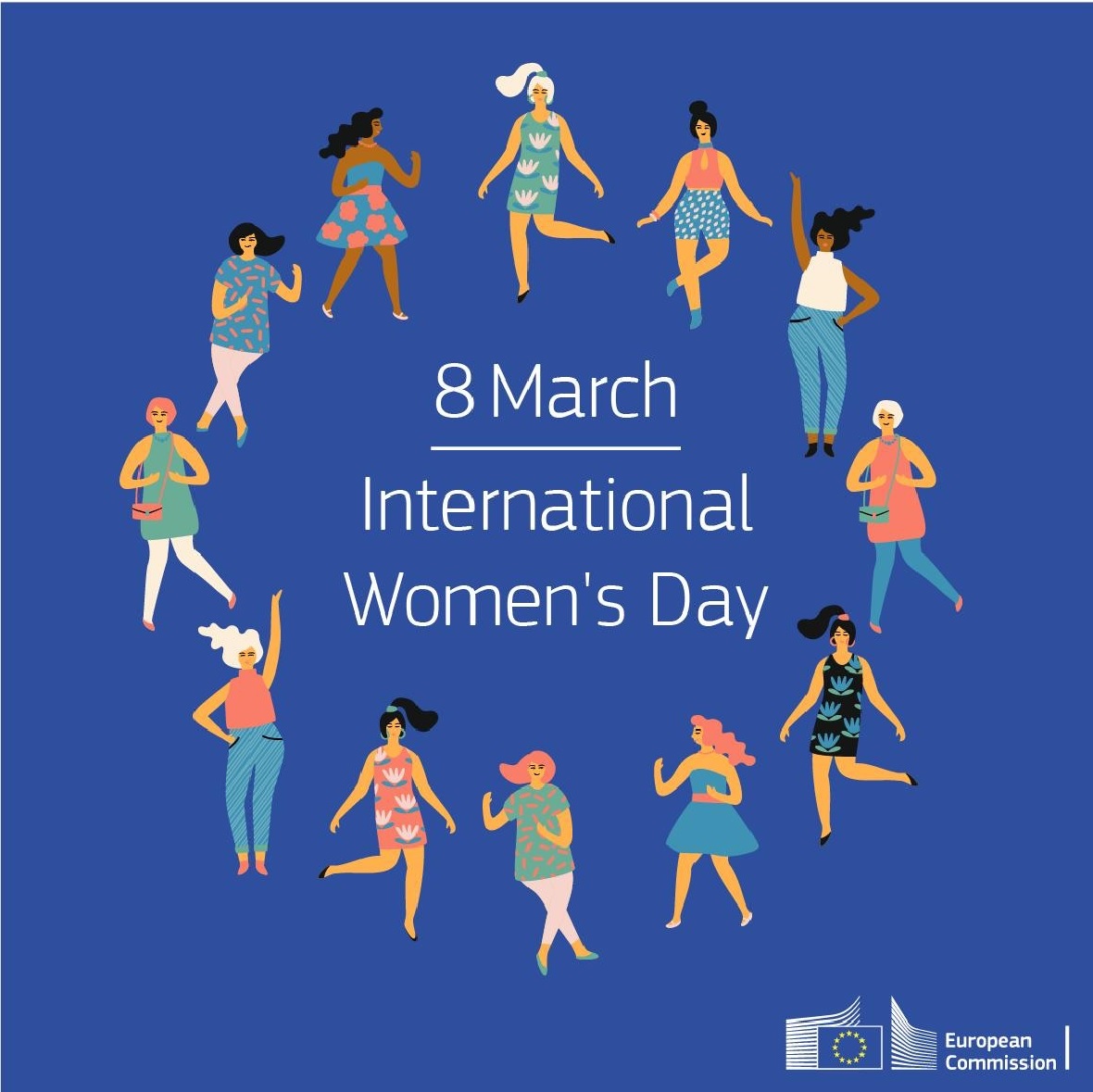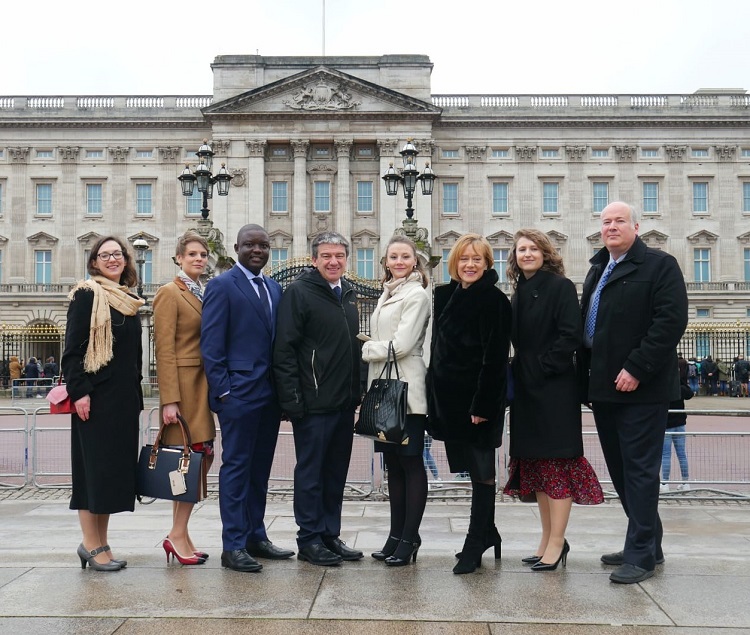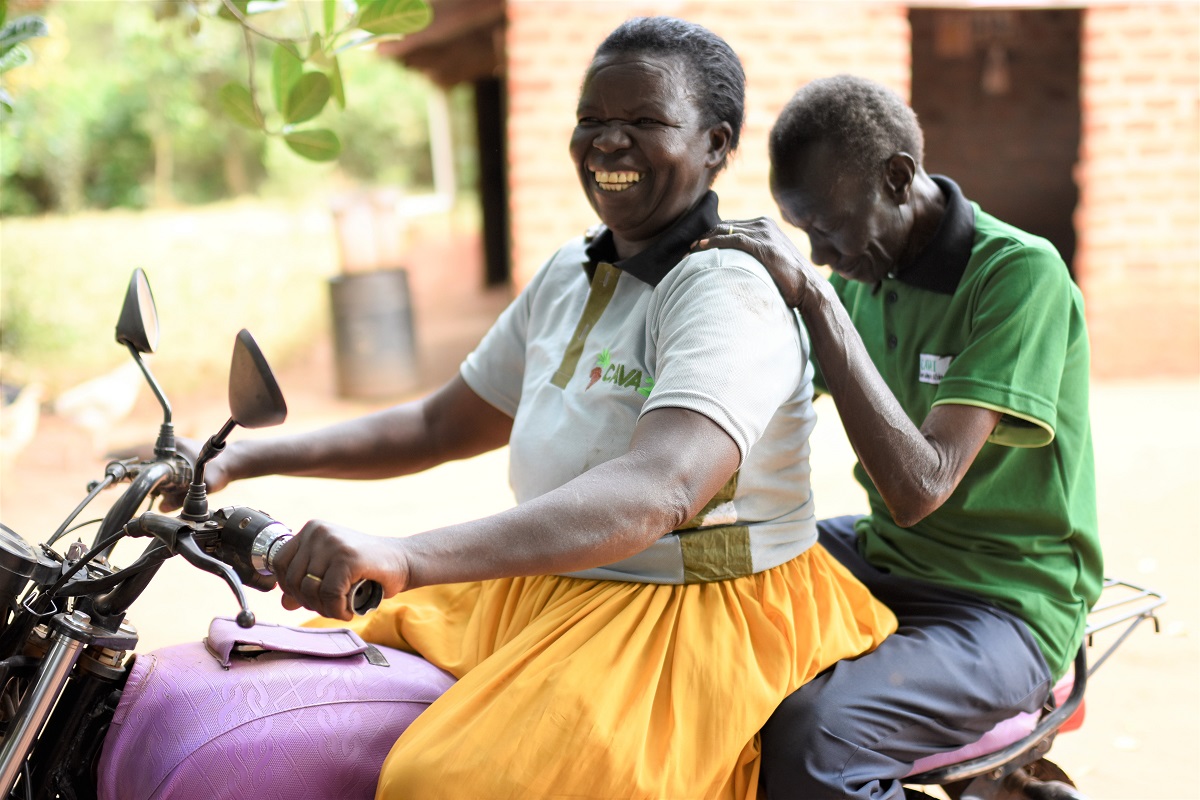News - 2020
Friday 13th might be considered unlucky for some, but it proved to be exceptionally auspicious for two students at the Faculty of Engineering and Science heat of the annual Three Minute Thesis – 3MT – competition.
When we see a vast area of flooded, marshy land, do we ever stop and think about what it’s worth? Probably not, largely because wetland benefits are not directly bought or sold in financial markets so may not be properly identified. However,...
Linden Kemkaran, Caroline Troy, Gillian Summers
In the UK in 2020, only 30% of University Vice-Chancellors are women. This may seem low, but the figure has doubled in the last 10 years. At the beginning of December last year, the University of...
In recognition of NRI's applied research into pests and their sustainable management, the University of Greenwich has been honoured with a prestigious Queen's Anniversary Prize. The formal presentation of the prize took place on the morning of 20th...
In west Africa where cassava is a staple food, much of the crop is processed into gari (roasted granules) at small-scale levels, mostly by women in their homes or in women’s processing groups. When water is added to gari it’s like an instant food,...
What is social mobility and why does it matter? Social mobility refers to the extent to which a person’s social or economic situation changes, and can incorporate income, educational attainment, occupation or health. Should the socioeconomic status...
There is a place called Ajaligado, in a parish called Ayal, in Alito sub-county, Kole District, in northern Uganda. On the day of our visit, about 25 members of the ‘Alito Cassava Growers’ Association’, met under the trees beside their cassava...


